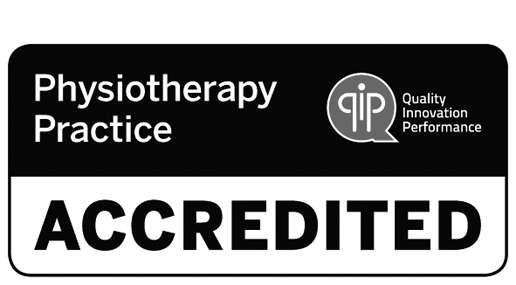
Gained A Few Kilos? It Might Be Affecting Your Bladder Control
Did you know that carrying a few extra kilo’s around your stomach can affect your bladder control? In this article we outline how weight gain and bladder control are related, and what you can do about it.
How Are Weight And Bladder Control Related?
There is lots of research that shows being overweight can negatively impact bladder control. With each 5-unit increase in Body Mass Index (which equates to around 15kg), a person’s risk of bladder leakage increases by anywhere from 20-70%!1 A large research study in the USA, UK and Sweden found overweight and obese men and women are significantly more likely to have bladder leakage than their healthy weight counterparts2.
How Does Being Overweight Affect Bladder Control?
Weight gain can affect bladder control in two ways. The first is due to higher levels of pressure in the abdomen. Each time you exert pressure in your abdomen (eg coughing or sneezing), this pressure is transmitted down onto the bladder and pelvic floor. The bigger your waist circumference, the greater the pressure. Over time this leads to stretching and weakening of the pelvic floor and reduced bladder control.
The second way that bladder control can be affected is due to the changes that happen in your body when you are overweight, including a different response to hormones such as insulin. These changes can lead to further problems with the bladder and pelvic floor muscles3.
Does Losing Weight Help?
In short – absolutely YES. One study of 338 obese women with bladder leakage found a reduction in leakage by up to 47% following a 6-month structured weight loss program1. Another study of 68 obese men found a reduction in bladder symptoms with ≥ 10% reduction in weight after an 8-week program4. Many of our patients also report an improvement in their bladder control when they focus on losing weight in combination with their pelvic floor exercises.
Weight Loss: The Wonder Drug
The research is very convincing that being overweight and bladder leakage are linked, and that losing weight will help. Weight loss is a treatment option that has no side effects – only positive benefits. If you need guidance with weight loss, a good place to start is with your GP or a qualified Dietitian. For assistance with bladder problems, seek help from one of our expert pelvic health physiotherapists, to help you live with freedom and confidence.
References
1 Subak, L., Richter, H & Hunskaar, S. (2009). Obesity and urinary incontinence: epidemiology and clinical research update. J Urol, 182(6 Suppl), S2-S7.
2 Khuller, Sexton, Thompson, Milsom, Bitoun, & Coyne (2014). The relationship between BMI and urinary incontinence subgroups: Results from EpiLUTS. Neurourology & Urodynamics, 33, 392-399.
3 Townsend MK, Curhan GC, Resnick NM, et al. BMI waist circumference, and incident urinary incontinence in older women. Obesity 2008; 16:881–6.
4 Khoo, Piantadosi, Worthley, & Wittert (2010). Effects of a low-energy diet on sexual function and lower urinary tract symptoms in obese men. International Journal of Obesity, 34, 1396-1403.
July 2020




